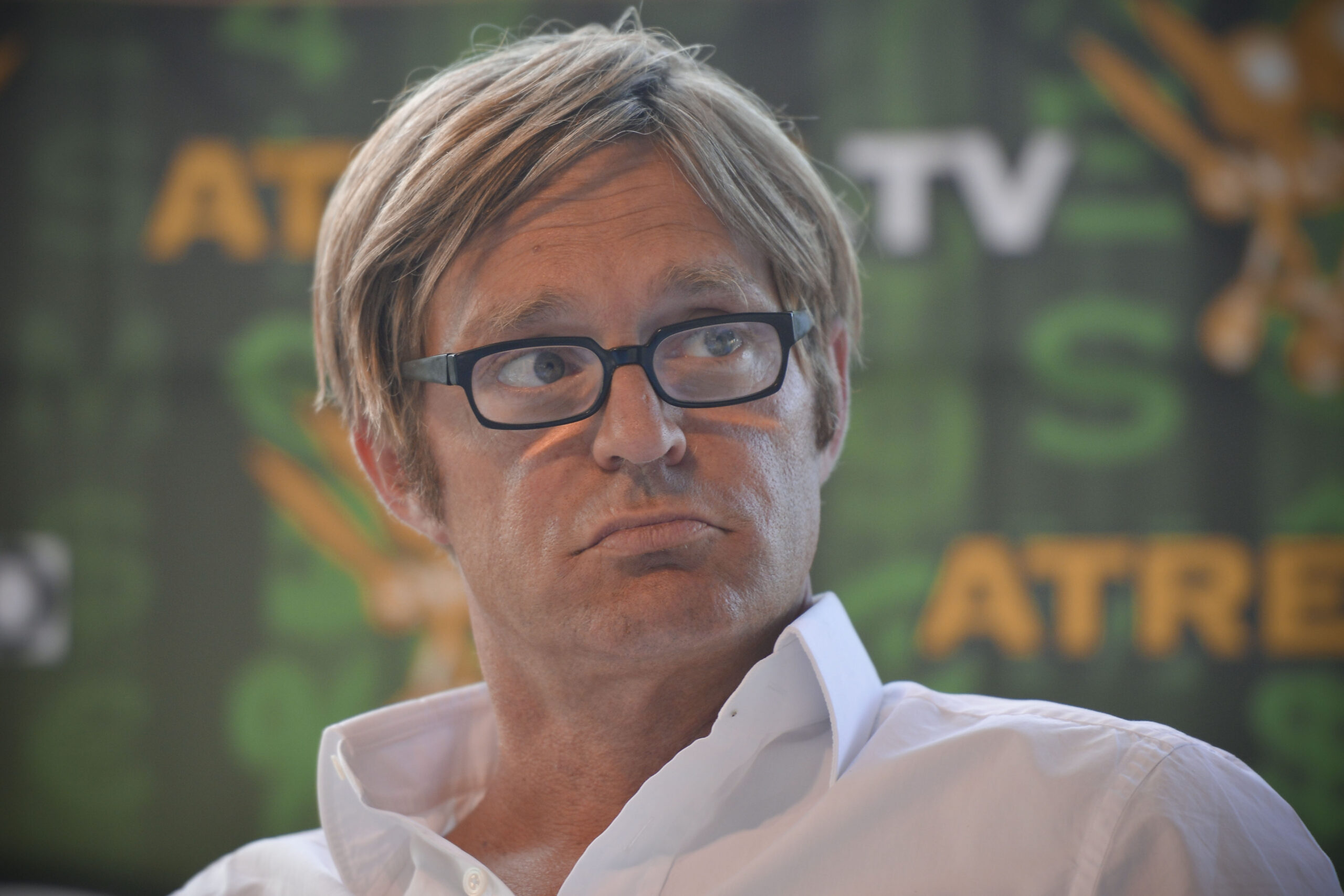Filippo Facci, Bettino Craxi, the snakes and the jackals

Filippo Facci seen by Paola Sacchi
Filippo Facci, of whom we now know almost everything even for his private life, of which we are frankly of little interest, but bounced back in the media after the controversy following an unfortunate sentence of his, which he has already said he would not rewrite, regarding the case of the complaint of rape in La Russa jr, we met him a few years ago in Hammamet.
At the Craxi house, on Route El Fawara, where a freeway now passes in front of it, but at the time when Filippo went, like yours truly (without us knowing each other, each on his own), there was scrub. At Casa Craxi, on the hill known in Tunisia as "of snakes and jackals", with no sea view, for white-collar middle class, which not even in my articles since then as special correspondent of the Unit have I ever called a villa, with all respect, but out of love of that minimum of objectivity that remained in the profession of journalist, I arrived on board a jeep, accompanied by the driver Marcello, a former switchboard operator at Raphael, who followed "Bettino" to Tunisia.
At one point we even crossed a small stream. I met Filippo there, on the occasion of the seventeenth anniversary of the socialist statesman's death. We exchanged opinions, impressions and memories. And so we discovered that we were among the few, rare journalists who went to see "Bettino" alive and were received by him as friends.
Philip was really much more than me. And, in any case, with all the differences in the case, Craxi understood both of us that we hadn't gone to him to obey some input from the media that tended to massacre him, but we were driven by human and not just professional curiosity and solidarity.
It was Filippo who encouraged me to write about my meetings and conversations with Craxi for a book-interview on the lack of socialist unity, which I published a few months later for Monica Macchioni's MaleEdizioni, entitled I conti con Craxi , with a preface by Stefania Craxi. “It's a story that needs to be told,” Facci encouraged me.
I almost found myself in him then, in his beautiful book April 30, 1993. Bettino Craxi. The last day of a Republic and the end of politics , Marsilio Editore. It is the story of the dramatic evening of the coins, in which Facci denounces that siege for a day under what was the private residence of a leader, a former prime minister, something that has never happened in the Republic. Facci was with Craxi.
It narrates the kick that the socialist statesman gives to the elevator at one point, the dramatic moments in which he doesn't care about the advice of the policemen to get out of the back, but he immediately returns lucid and elegant, which Craxi has always been even in the worst moments , and he, the besieged, offers his apologies to the tourists of the Raphael for being the cause, albeit involuntary, of that mess. But the book is also the story of Facci himself, then twenty years old, and of his association with "Bettino" who he met only when he was in disgrace.
Filippo, first precarious at Unità , then with a contract at Avanti , met Craxi at the age of 25 in 1993, making him a phone call. Then, they became friends, to the point that, as he says, calls from Hammamet arrived on his telephone to the great amazement of those who were with him: "Aho, look, Craxi called for you!". Facci writes that with him he entered into a confidence that could only be found with very simple and direct people, who do jobs far from journalism and politics. An impression that I can, in my small way, confirm.
I thought I heard my cousin again when one day she witnessed, somewhat incredulous, my phone call with Craxi. Although, according to the precise classification made by Facci, in his book, at the time special envoy of the Unit , who went to see him privately during the summer holidays, I was among those received by Craxi at the Sheraton, because he trusted me, but until a certain point. Only the second year was I received at Route El Fawara. Craxi was alone. Abandoned by his own party. He really wanted to talk about politics. It wasn't easy to get to him. It was like a blood test before, first of all to exclude that someone was an idiot and then to understand the reasons that had brought you to him.
However, it can certainly be said that he was not in order of importance, even among journalists. Facci, a free journalist, always with a taste for provocation, always irreverent towards the powerful, was among the rare ones to have the trust of that leader of the first magnitude, which cost him, as he says, the aversion of other journalists even then. all lined up on the front of justicialism. Filippo tells us that in Milan in front of the Palazzo di Giustizia, in the years of "clean hands", they fled from where he was.
Many have written about Craxi in recent years, even celebrating him when he died. However, they do not know what it meant to go or call Route El Fawara to him, still alive, to experience the absurdity and drama of that situation up close, not only a personal and family tragedy, but a real national political shame. In the house on the hill of the "snakes and jackals".
This is a machine translation from Italian language of a post published on Start Magazine at the URL https://www.startmag.it/mondo/filippo-facci-bettino-craxi/ on Thu, 13 Jul 2023 05:46:09 +0000.
